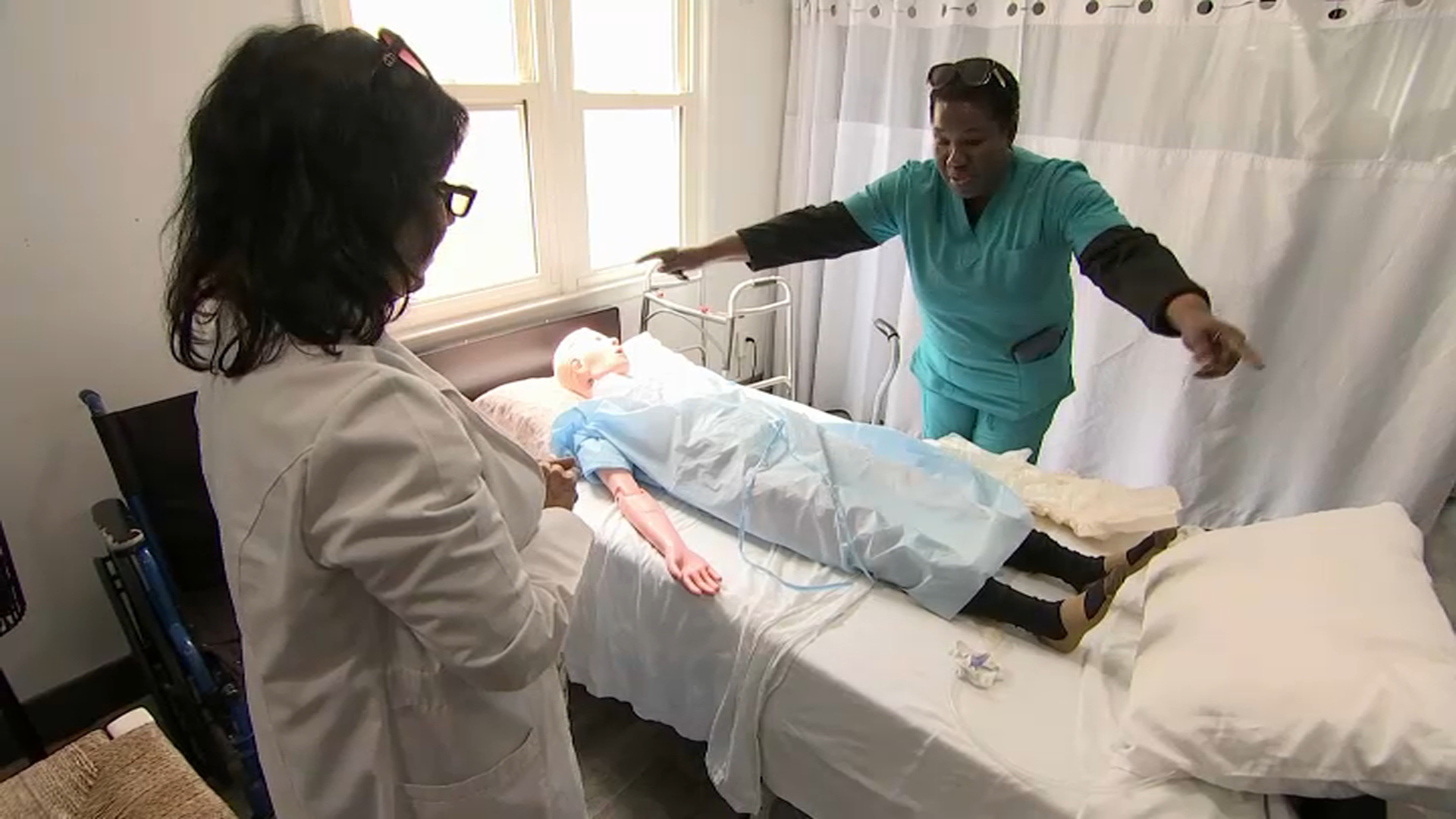Fast-food workers in New York state would see a super-sized raise under a plan to phase in a $15 minimum wage — the first time a state has singled out a particular industry for such an increase.
The hike, approved Wednesday by the state Wage Board, would increase gradually over three years in New York City and six years for the rest of the state. It would apply to employees at any fast-food restaurant with 30 or more locations, impacting an estimated 200,000 workers.
"You cannot live and support a family on $18,000 a year in the state of New York — period," Gov. Andrew Cuomo, a Democrat whose administration is expected to approve the increase, said at a Manhattan rally celebrating the proposal. "This is just the beginning. We will not stop until we reach true economic justice."
San Francisco, Seattle and Los Angeles have approved gradual increases to $15 an hour, and the huge University of California system said Wednesday that it would raise its minimum to $15 for all hourly workers. That group includes students and full-time employees working in dining halls, dorms and bookstores or as gardeners, housekeepers and custodians at campuses and hospitals.
With a large concentration of low-wage workers, the fast-food industry has become a popular target for labor activists who say inexpensive chain restaurants haven't kept up with the cost of living. Fast-food employees themselves have emerged as a potent political force in New York and around the nation.
"If I made $15, I could pay my rent on time, I could put food on the table, I could hold my head up," said Rebecca Cornick, a 60-year-old grandmother who makes $9 an hour at a Brooklyn Wendy's. "We have worked so hard to make this happen."
Restaurant owners, however, have warned that higher wages will force them to raise menu prices, cut employee hours and potentially hire fewer workers.
Local
David Sutz, who along with his partners owns four Burger Kings in Westchester and Dutchess counties, said many owners may look to automation to replace workers to avoid the higher labor costs.
"We're being singled out for an unknown reason," Sutz said of the increase. "Unfortunately, I can turn one of my registers into a kiosk and eliminate a position," he said. "Labor is your second most expensive cost in this industry after the product."
Franchise owners are now considering whether they could fight the increase in court. Carolyn Richmond, an attorney with New York City-based Fox Rothschild LLP, said she can't see the legal justification for focusing on a single industry.
"This is certainly ripe for challenge," said Richmond, who represents many hospitality businesses including fast-food companies. "It's what legally we call 'arbitrary and capricious.'"
The fast-food industry employs a greater number of minimum-wage workers than other sectors of the economy, according to Michael Reich, a University of California-Berkeley economics professor who has studied the minimum wage.
Entry-level fast-food workers make an average of $16,920 a year, according to state labor statistics. They are twice as likely to receive some type of public assistance. Cuomo said the annual cost of that assistance to taxpayers is $700 million in New York state.
"It accounts for more low-wage employment than any other," Reich said of the industry. "If you're going to pick one sector, it's a strategic one."
The increase now goes to Cuomo's labor commissioner for a final authorization. It does not require legislative approval.
Cuomo called for the creation of the Wage Board after proposals to increase the minimum wage for all workers failed in the Legislature. The three-member panel was led by Buffalo Mayor Byron Brown.
Labor groups held rallies around the state to celebrate the board's vote to endorse the increase. But not all attendees were pleased that the increase will be implemented gradually.
"We have to wait six years for this to happen and we need it now," said Stacey Ellis, who works at an Albany McDonalds. "By the time six years goes by it won't need to be $15. It will need to be something even higher."



